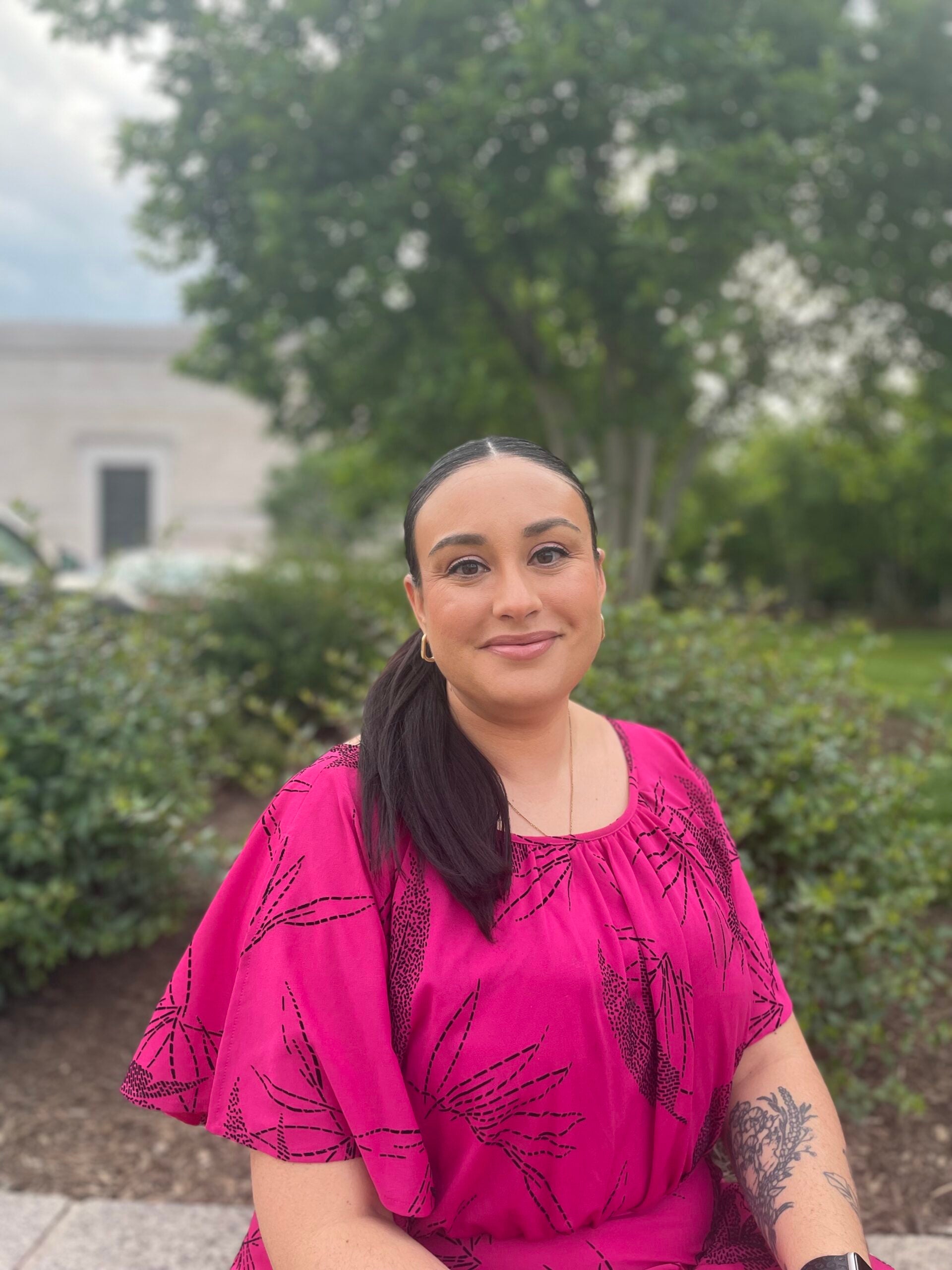Finding Balance: ADHD, Mental Health and Public Relations
By Jen Peters, WWPR Member

The public relations field is exhilarating - the adrenaline rush of scoring a major media hit, the dopamine boost of an interview opportunity, the thrill of a press mention. But for those of us with ADHD, that very excitement and its inevitable emotional peaks and valleys can be a double-edged sword. The ups are incredibly rewarding, but the downs can be mentally and physically crippling. After being diagnosed with ADHD two years into my first PR role, I've learned some hard lessons about protecting my well-being in this fast-paced, high-stress industry.
Recently, I experienced a breaking point that crystallized how unsustainable my coping methods had become. One mistake, seemingly minor in hindsight, left me in the fetal position on the couch, wracked with tears I couldn't control. In that moment, I realized no amount of late nights, early mornings, or frantic inbox monitoring could compensate for unmanaged ADHD in a career that trades on urgency, multitasking, and emotional volatility.
PR and any professional services can be challenging for many reasons. We’re constantly on the lookout for the next press hit or interview opportunity. It is mentally taxing to be pulled in many directions, often with multiple matters needing your attention at the same time.
For those of us with ADHD brains, public relations presents unique challenges. While stressful, it is also extremely satisfying. Watching a client get mentioned in the news, hearing about a new opportunity to get media, getting that cold email from a reporter, or getting that surprise news mention that almost never happens. Knowing I am making a difference for them—this is the part I love.
Our ability to think differently and make unique connections gives those of us with ADHD a creative edge for developing fresh pitches and uncovering compelling story angles. Our tendency to approach solving problems in unconventional ways that our neurotypical colleagues might not can greatly benefit client teams. When we're interested in a subject, our ability to hyperfocus makes tasks like crafting persuasive op-eds truly enjoyable. ADHD can be a superpower in this field.
However, working in PR subjects you to activities that spike your dopamine, like being on your phone. Dopamine production does not happen for people with ADHD the same way it does for neurotypical people. We also take rejection and criticism very hard – which comes as part of the job. It's addicting and fun, and if you’re not careful, the crash can be devastating.
While this career comes with built-in stressors for the ADHD mind, I've found strategies to safeguard my well-being:
- Trust your gut – If you feel like something is wrong, follow your instinct. Mental health issues are hard enough on their own and can be very difficult to get help when you need it, in the way you need it. Take it from me - don’t wait until you’re sobbing on the couch. Make the call to your doctor, tell a colleague you need to take a break. Trust that you know what you need in the moment - and then do it.
- Do something else – You need to take a break. Some mental health professionals recommend a digital detox, which seems impossible to people who work in PR - because what if we miss that call or email? The reality is, you’ll burn out if you don’t. Take one intentional break from devices during the day. For me, I have incorporated an hour of reading a book before bed. And I try to limit screen time by walking the dogs and listening to podcasts or audiobooks for at least two hours after I wrap up work.
- Use the new AI tool and don’t feel guilty about it – I recently started incorporating more AI tools into my workflow, and I’m not sure if it’s the reformed Catholic guilt, guilt from being a woman who feels like she can’t ask for help, or my Capricorn Sun, but I sometimes insanely guilty. The reality is, AI is here, and if there are ways to hack my life (responsibly), it’s worth it to stress a little less. Sometimes, I ask ChatGPT to summarize an article and draft a social post. All of the time, I let Grammarly check for my typos and make suggestions.
- Remember: You are worth more than your engagement outcomes – You know the feeling of sending out a great story idea and not getting any attention? That crushing letdown? Remember, securing media coverage doesn’t dictate your value, especially in a media environment that is becoming increasingly competitive.
Taming the PR emotional rollercoaster requires self-awareness, self-compassion, and protective habits. It's an ongoing journey, but one that allows me to thrive in a field I love without sacrificing my mental health. For my fellow ADHD public relations professionals, know you aren't alone in this battle - with the right coping toolkit, we can conquer the unique demands of this career. And at the very least, please know you’re not alone.
Jennifer Peters is a senior associate at Collaborative Communications Group
